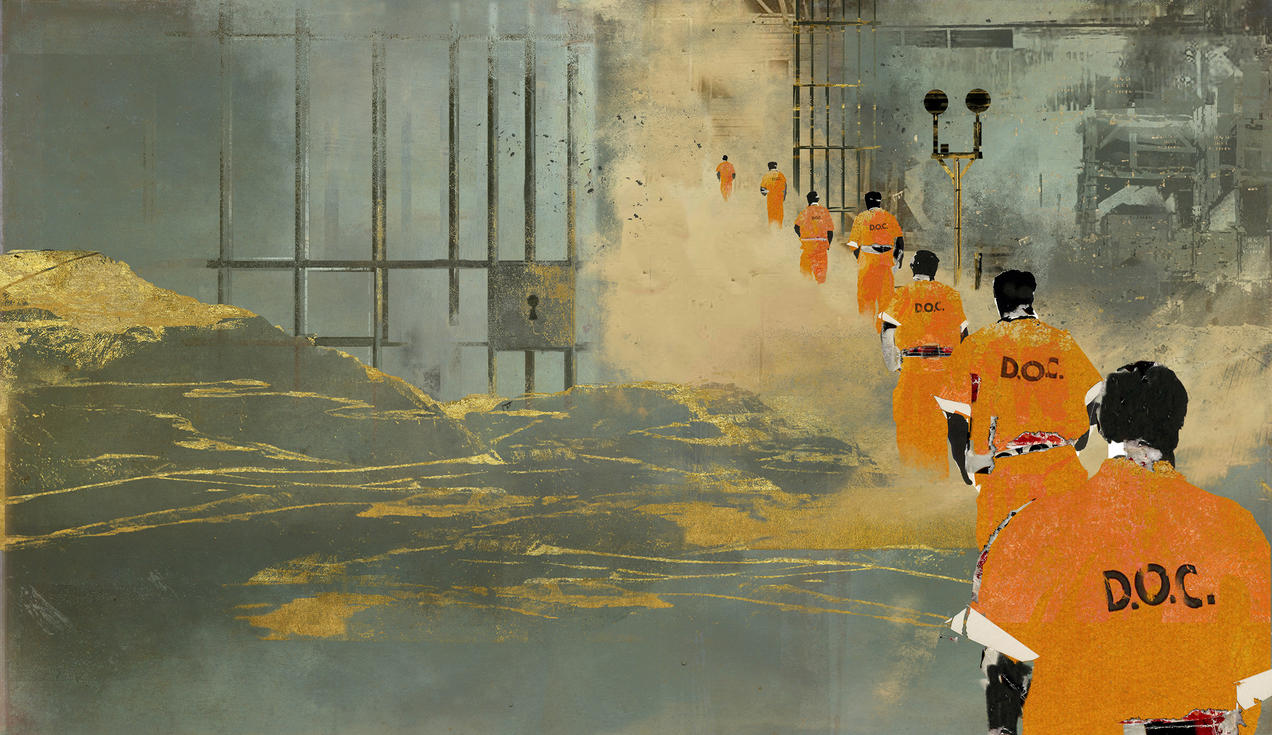
A report from The Sentencing Project explores laws and policies that exacerbate inequality and disproportionately overburden communities of color. Specifically, the report gives the following examples:
- Fines, fees, and predatory pricing exacerbate the economic precarity of justice-involved Americans and their families.
- Employment during incarceration comes with low, and sometimes zero, wages. The average minimum wage for the most common forms of prison labor is $0.13/ hour. The average maximum is $0.52/ hour.
- A criminal conviction creates lifelong barriers to securing steady employment and housing. Many states disqualify people with felony drug convictions from cash assistance and food stamps. Nearly all states also restrict voting rights for people with criminal convictions. Yet research has shown that post-incarceration employment, access to food stamps, and voting are associated with lower recidivism rates.
- Finally, the high cost of mass incarceration comes at the expense of investing in effective crime prevention and drug treatment programs. These laws and policies exacerbate the marginalization of justice-involved people—who are disproportionately people of color—by eroding the economic and social buffers against crime and increasing the likelihood of police contact.
WHAT ARE THE SOLUTIONS?
Fortunately, jurisdictions around the country have initiated promising reforms to reduce the direct and indirect harms of criminal convictions and redirect resources to more effective interventions:
- To promote beneficial contact with support networks, some jurisdictions have made all phone calls from their prisons free.
- To end the injustices associated with prison labor, many jurisdictions have removed language allowing “slavery and involuntary servitude” in the case of punishment for a crime. Advocates are still working to ensure that this change bans forced and unpaid labor among incarcerated workers.
- To reduce labor market discrimination resulting from a criminal record, a majority of states and many cities “Ban the Box.” This action removes the question about conviction history from initial job applications and delays a background check until later in the hiring process.
- A majority of states no longer impose bans on food stamps or cash assistance for people with a felony drug conviction.
- Finally, Washington, DC, has joined Maine, Vermont, and Puerto Rico in fully untangling voting rights from criminal legal involvement by permitting its prison population to vote.
- The federal government and states are also increasing investments in crime prevention.
My opinion? For the criminal legal system to uphold the principle of justice, policymakers and practitioners will need to protect and expand these reforms.
Also, prison is a terrible place. Please contact my office if you, a friend or family member are charged with a crime. Hiring an effective and competent defense attorney is the first and best step toward justice.






